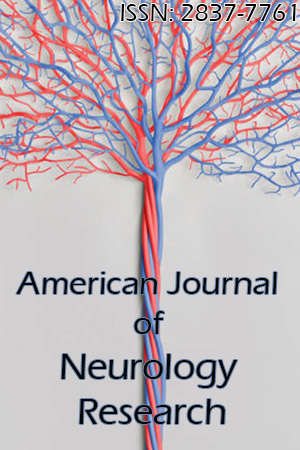Writing through the Lens of Anthropology and Neurosciences
Nina Gerdzhikova.
Anthropology and neuroscience are two independent scientific fields that study learning, respectively, and writing as part of it as an activity in the broad sociocultural context. Anthropology directs interest to the social and cultural dimensions of the writing process. Neuroscience views learning through writing as dynamic multisensory processes related to the functioning of neural networks. The processing of information acquired in experience and its memory storage defines the neuroscience discourse in the research writing process. The purpose of the paper presented here is to attempt to connect the perspectives of anthropology and neuroscience and to develop the hypothesis of possible research on writing through a mixed-methods design.
In the first part of the paper, an anthropological qualitative study conducted in a Bulgarian compulsory education school will be presented. Its purpose is to describe how the teacher’s actions influence the students’ identity in the writing process. Using photographs representing fragments of one lesson conducted in a mother tongue (Bulgarian language), I will analyze the interaction between the teacher and the students, who write simultaneously. The study clearly shows how pupil’s actions correspond with the identity of their teacher during the work. This inquiry is significant because teachers undoubtedly have a lasting effect on the learning behavior and outcomes of pupils. In the second part of the presentation, I will present data from scientific journal publications that describe the neurophysiological indicators measuring the writing process. They are a complex code that marks the inner reactions that happen in students’ brains. Thankfully, of these markers, we can suppose how teaching should be adapted according to students’ information processing style.
In conclusion, I will try to explain how connecting the epistemology of qualitative research which is socially and content-oriented – from one side and neuroscience’s approach to synaptic plasticity as the biological basis for learning – from the other side, could deepen research on writing in the broad social context. Using a mixed-methods design would contribute to the study of writing at a social and biological level. This will expand the possibilities for improving teaching in pedagogical practice.
View pdf
